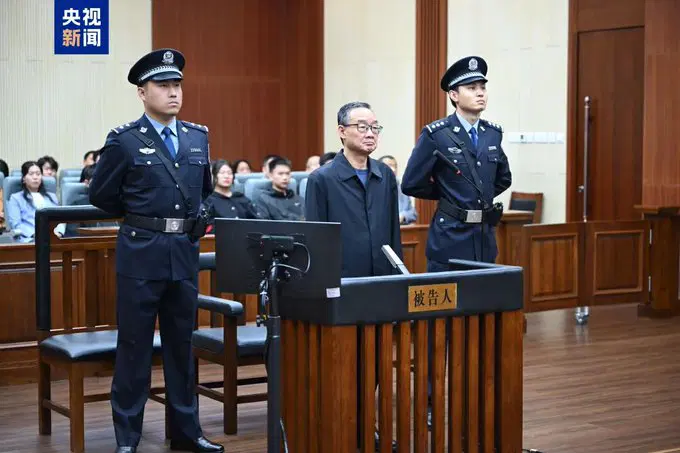China’s former Minister of Agriculture and Rural Affairs, Tang Renjian, has been sentenced to death with a two-year reprieve for accepting bribes totalling more than 268 million yuan (approximately $38 million), according to a statement released by the People’s Court of Changchun in Jilin Province on Sunday.
Between 2007 and 2024, Tang reportedly abused his positions of authority to solicit and receive bribes in the form of cash and property. The court said the scale of corruption “caused particularly severe losses to the interests of the state and the people,” warranting the death penalty.
However, the sentence comes with a two-year reprieve, meaning Tang could see the penalty commuted to life imprisonment if he demonstrates good behaviour during the period. The court noted that he had confessed to his crimes and expressed remorse, which factored into the decision not to execute the sentence immediately.
Tang’s sentencing is one of the most high-profile rulings in President Xi Jinping’s wide-ranging anti-corruption campaign, which has targeted hundreds of senior officials across the Chinese Communist Party (CCP), the military, and state-owned enterprises.
READ ALSO: China warns against ‘rule of jungle’, defends military role in global security
Supporters argue the anti-graft initiative is necessary to cleanse the government and restore public trust. However, critics contend it also serves as a tool for consolidating power and eliminating political rivals.
Before his role as agriculture minister, Tang held prominent posts including Governor of Gansu Province and Vice Chairman of Guangxi Zhuang Autonomous Region. His conviction adds to a growing list of high-level figures brought down in recent years, including former Defence Ministers Li Shangfu and Wei Fenghe, both investigated for similar offences.
Li was ousted from his post just seven months after his appointment and later expelled from the CCP. His successor, Dong Jun, is also reportedly under investigation on corruption charges.
Tang’s fall underscores the unrelenting pace of Beijing’s anti-corruption drive, now a hallmark of Xi Jinping’s leadership since taking power in 2012.



